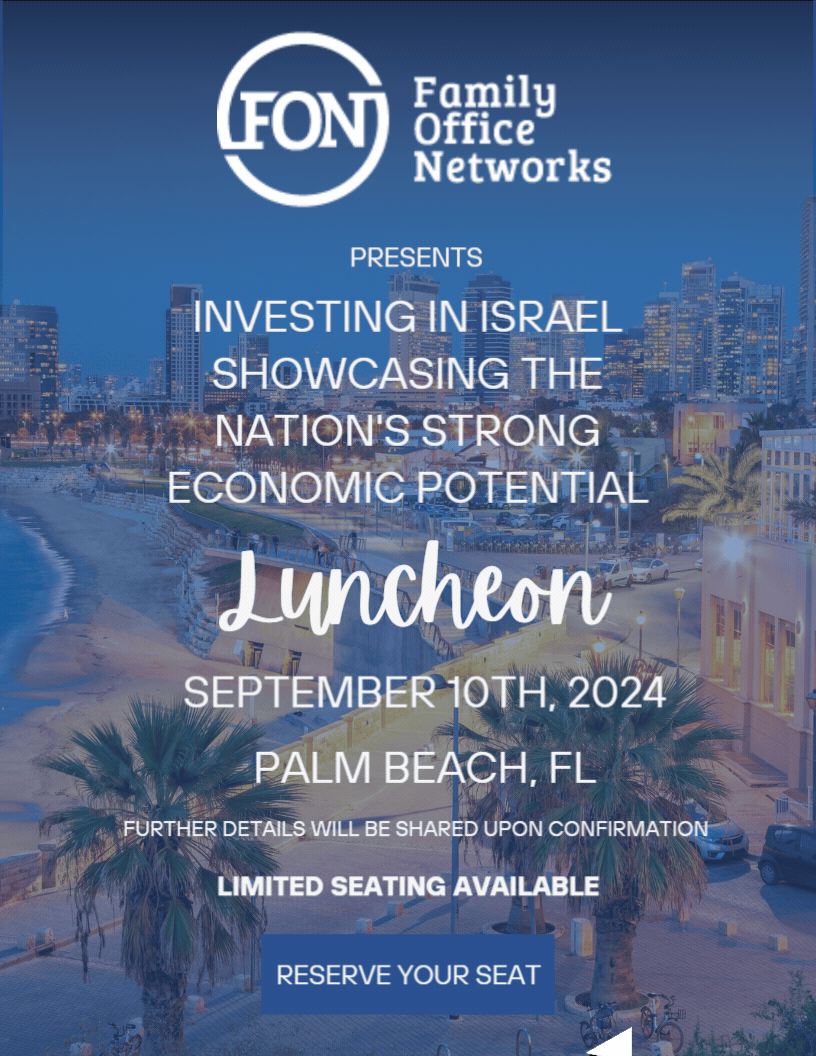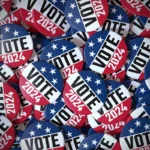
Not All ETFs Are Created Equal
By Gil Baumgarten, Segment Wealth Management, LLC
ETFs have become one of the most popular vehicles for investors, but all ETFs are not created equal; not all ETFs are low-cost, and not all ETFs are particularly liquid. That illiquidity can cause bid/ask spreads that should be part of the cost calculation. Making matters worse, these spreads are often most prevalent in the ETFs that have the highest internal expenses as well. If you think that you are surely getting low cost by buying an ETF, there’s a chance you are mistaken. Fickle investors who hop from one to another are likely compounding their costs without even being aware of it. Coupled with a few short-term gains and wash sales, rapid-fire trading can turn an ETF-focused portfolio into a tax and cost nightmare. Jack Bogle, who invented the index fund, once told me that this trading friction and abuse by myopic investors was the downfall of the ETF structure. I responded to him that the structural issue was with the mentality of investors and not a fault of the ETF itself. While the timing was surely coincidental, he agreed and subsequently toned down his criticisms of ETFs in his final book released in 2019.
While my firm internally manages stock portfolios for still more tax and cost efficiencies, I have also run an ETF-only strategy since 2003. Since then, I have found the best balance of costs, taxes, liquidity, spreads, and nimbleness is found by allocating 60% of assets to broad market exposure ETFs, which experience near-zero turnover and near-zero internal fund costs. The remaining 40% of assets can be used more tactically, less tax efficiently, bear more costs, and still be nimble, adaptive, and relatively efficient. Things can get messy for investors when we allow our tactical desires to drive decision-making with the entirety of our portfolio. The stakes of being wrong increase, and we can end up with a hodgepodge of seemingly right but truly wrong choices that we later self-justify in order to maintain our sanity (ego). Low trading costs further encourage bad decision-making in a vicious cycle that truly needs more discipline than insights.
The old saying about knowing what you’re buying surely applies here. Categorically, ETFs have profound advantages over traditional mutual funds and managed accounts. Make sure you own them in such a way that those advantages actually apply to you.
For more information, please contact Haley Parmer at (713) 800-7158 or Haley.Parmer@segmentwm.com.
Read more of Gil Baumgarten’s articles at Segmentwm.com/blog.















